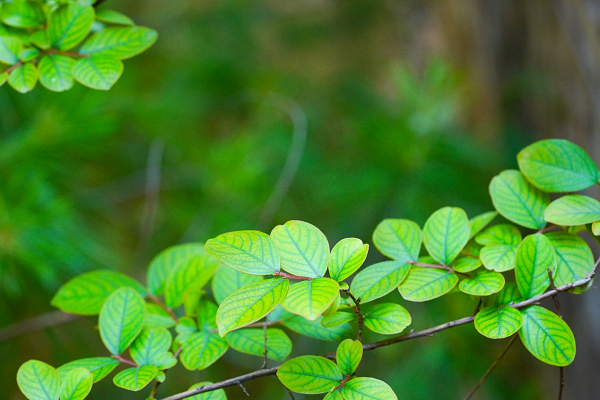
Exhibition time: 17-19 March, 2026 Shanghai, China
 中文
中文

Exhibition time: 17-19 March, 2026 Shanghai, China
 中文
中文

Key words of the passage: fertilizer; plant; biostimulants; nutrition
Food security is an ongoing challenge for growing populations because of limited resources. Multiple abiotic stresses, such as drought and metal toxicity, can occur at the same time and make life more difficult for farmers. Breeding for stress tolerance is a long-term solution. Plants produce reactive oxygen species as part of their natural antioxidant defense system; however, these chemicals can also be damaging to crops if they are produced in excess. Thus, a delicate balance of reactive oxygen species generation under stress may enhance crop health.
Biostimulants are a type of environment-friendly formulation based on natural products. They are frequently used to enhance plants’ ability to withstand abiotic stress.
Biostimulants are used to improve the health and growth of crops in place of traditional fertilizers. Since their introduction in the agricultural industry, they have been shown to have a more positive effect on yield and crop quality. Biostimulants are easier on the environment than traditional fertilizers.
Why replacing traditional fertilizer is necessary?
Fertilizers, which contain essential ingredients such as nitrogen, potassium, and phosphorus, can increase crop yields. Still, they have many disadvantages: excessive use will pollute groundwater tables and can even make the soil too salty for plants to grow.
Even though fertilizers are an important part of agriculture, they can also be harmful to crops, wildlife and humans. The ingredients in these products are very expensive, and if they’re used too much, the plants actually become sick or die. When excess fertilizer washed into rivers and streams, it creates algal blooms that can kill fish, birds and other aquatic animals. In addition, overuse of fertilizers can change the pH levels in soil and reduce microbial activity—which means less healthy crops.
How some of the ingredients in biostimulants can be helpful for plant growth?
Seaweed extracts: Biostimulants made from seaweed extracts are used in horticulture to help build tolerance against abiotic stresses and promote plant growth. Seaweed extracts come in three colors: green, brown and red. Brown seaweed extracts contain chemicals such as complex polysaccharides, mineral nutrients, fatty acids and vitamins.
Amino acids:
Amino acids are the building blocks of proteins. They can be found in many plants, but they’re also available as supplements for your garden. When used with biostimulants, amino acids help stimulate chlorophyll concentration so the plants can absorb higher levels of photosynthesis. This means that you’ll get more fruit or vegetables from your garden—without having to add extra fertilizer or water!
Fulvic and humic acids:
Biostimulants, which contain fulvic and humic acids, stimulate the roots of plants and help them take up nutrients more effectively and tolerate abiotic stresses better. They also encourage beneficial soil microorganisms like mycorrhizal fungi. These fungi help plants absorb nutrients from the soil, which means they don’t have to rely on their own resources as much—they can get all the nutrition they need from the ground around them! This can lead to faster growth and more robust plants overall.
Bionema has developed unique biostimulants and offers a range of biostimulants, including NutriStimula®, which uses advanced micronutrient technology to encourage healthy plant growth and productivity.
Source: Bionema
